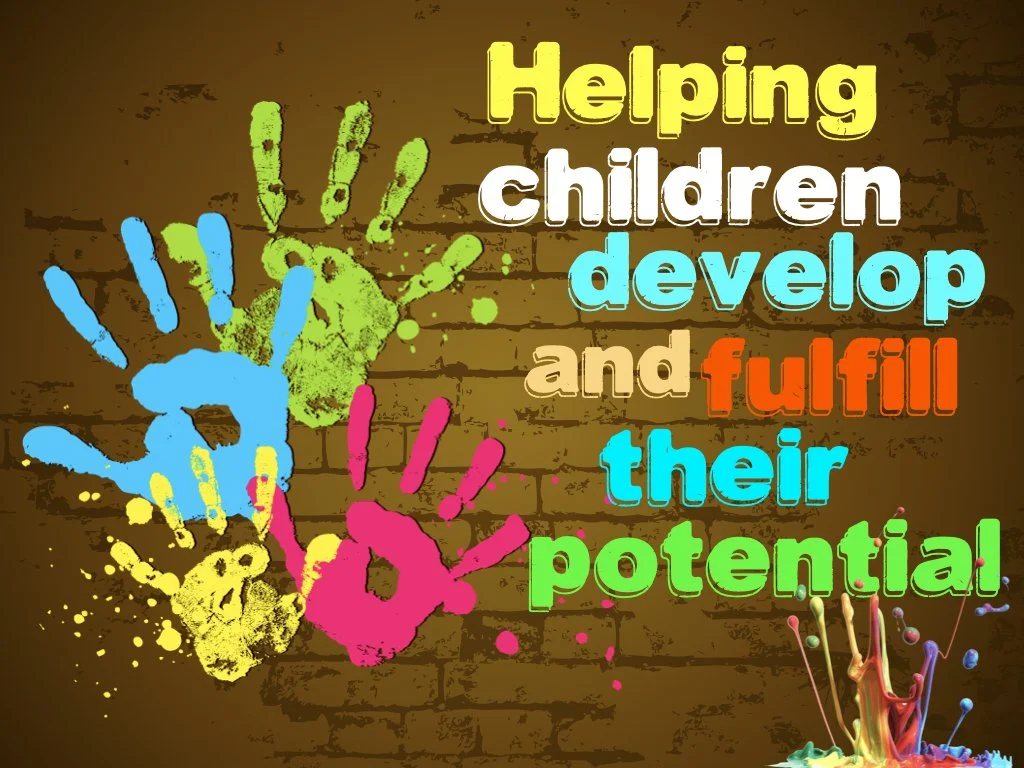BSMART offers S.M.A.R.T.-based occupational therapy to facilitate successful social, emotional, physical, behavioral and cognitive development of children and their families.
Occupational therapy is concerned with promoting independence in activities of everyday life – or ‘occupations.’ Children’s occupations include: reaching developmental milestones, play, self-care (eating, sleeping, dressing, grooming, bathing), academic tasks (handwriting, fine motor skills, attention/focus), and socializing.
Pediatric Occupational Therapy focuses on helping children develop the skills they need to grow into functional, independent adults while also strengthening the development of fine motor skills, sensory motor skills, and visual motor skills that children need to function, socialize, and learn.
From building the basic foundations of movement to strengthening neurological pathways, our unique perspective looks at how the whole person functions. Through this developmental scope, we integrate multiple methods to treat individuals of all ages and all abilities.
We take a foundational approach to evaluating and treating deficits related to:
Delays in gross & fine motor skills (including handwriting)
Productivity (work challenges, school work, arts & crafts)
Help developing visual motor skills - tracking an object, hand-eye coordination
Cognitive delays, including problem-solving, memory, and attention
Sensory Processing challenges
Executive Function (personal & mental organization)
Delays in play and social interaction skills
Help with learning basic self-care tasks, such as getting dressed.
Occupational Therapy may also be helpful in the case of an accident that alters your capabilities, a physical disability, developmental delays or neurodiversity such as ADHD or ASD. Assessments for ADHD are also available for adults and young adults.
An Occupational therapist takes a holistic approach by examining the environment, the person, and the challenging activity, and then, through assessments and collaboration with the family and school, they develop an individualized plan involving task adaptation, environmental modification, and skill building in order to bring about long term positive change.
Why choose OT?
A child’s role in life is to play and interact with other children.
When a parent or teacher calls with concerns that “something just isn’t right”, we understand.
When a preschooler is struggling with behavior, we are able to assess, identify the reason, and treat the underlying causes behind the behavior.
Our pediatric occupational therapist evaluates a child’s current skills related to play, school performance, and daily activities and compare them with what is developmentally appropriate for that age group. OTs help children perform daily activities they may find challenging by addressing sensory, social, behavioral, motor, and environmental issues.
Who may benefit from OT?
Children may require occupational therapy with or without the presence of a medical condition. Kids with the following medical conditions are considered to be ‘at risk’ for delays in skills impacting participation in home and school environments.
birth injuries or birth defects
sensory processing disorders
traumatic injuries (brain or spinal cord)
learning problems
autism/pervasive developmental disorders
behavioral problems
developmental delays
post-surgical hand conditions
spina bifida
cerebral palsy and other chronic illnesses
BSMART’s BRAIN + BODY
CONNECTIONS
BSMART’s Neuro Integrative approach combines several interventions that collectively promote brain growth and social, physical and emotional development through purposeful movement. The goal of this intervention is to establish efficient neurological connections between the brain and the system's of the body, ultimately improving an individual's higher-level functioning.
Beneficial for all ages
Each Neuro Integrative session is adaptable specifically to the individual's priorities or concerns.
By incorporating elements of :
The Masgutova Neurosensorimotor Reflex Integration,
S.M.A.R.T. Developmental Movement
Occupational Therapy and
Sensory processing therapies (auditory, vision, vestibular and tactile)






